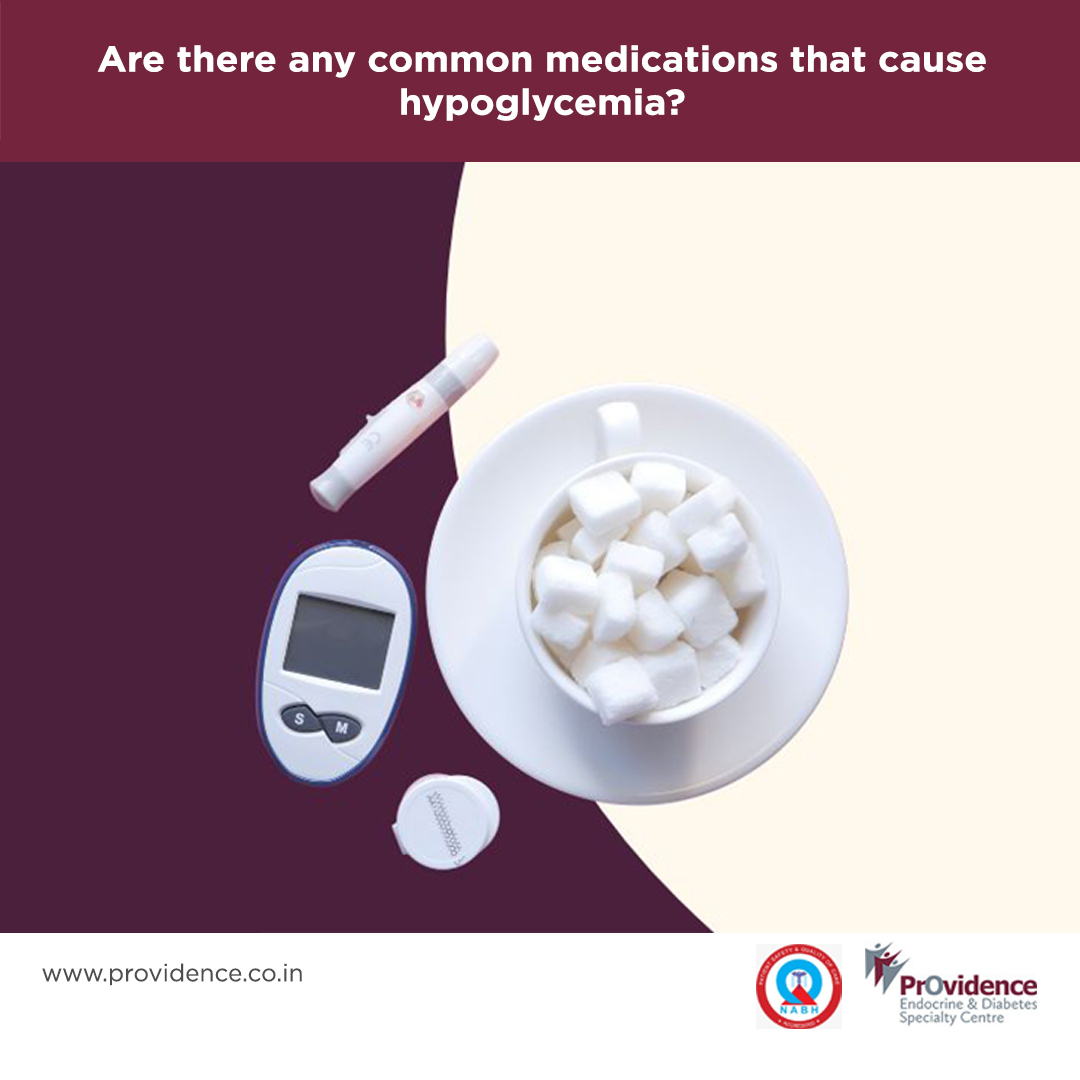Yes, there are several common medications that can cause hypoglycemia, which means low blood sugar. This condition can make you feel shaky, dizzy, weak, confused, or even faint if not treated quickly.
Medications That Commonly Cause Hypoglycemia:
1. Insulin – Used to treat diabetes, insulin lowers blood sugar. If you take too much insulin, skip a meal, or exercise more than usual, it can cause your blood sugar to drop too low.
2. Sulfonylureas – These are diabetes pills (like glipizide or glyburide) that help the pancreas to release more insulin. They can cause low blood sugar, especially if meals are missed.
3. Meglitinides – Similar to sulfonylureas, these (like repaglinide) also increase insulin secretion and can lower blood sugar too much.
4. Quinine – A medication used for malaria can sometimes lower blood sugar, although this is less common.
5. Certain antibiotics – For example, fluoroquinolones (like levofloxacin) may occasionally cause low blood sugar, especially in older adults or people with diabetes.
Key Points
Consult Your Doctor Before Starting a New Medication
1. To Ensure Safety
Your doctor can determine if the new medication is safe based on your medical history, allergies, and current health conditions.
2. To Avoid Harmful Interactions
Some medications can interact with others you’re already taking, leading to side effects or reduced effectiveness. Your doctor can check for these interactions.
3. To Determine the Right Dosage
Doctors can prescribe the correct dose tailored to your age, weight, kidney or liver function, and overall health.
4. To Manage Side Effects
Your doctor can explain possible side effects, how to manage them, and what signs to watch for.
5. To Discuss Alternatives
There might be safer or more effective alternatives to the drug you’re considering. Your doctor can help you choose the best option.
6. To Plan Monitoring and Follow-up
Some medications require blood tests or follow-up visits to monitor how your body responds.
Mrs. Anila Nisha, D Pharm



